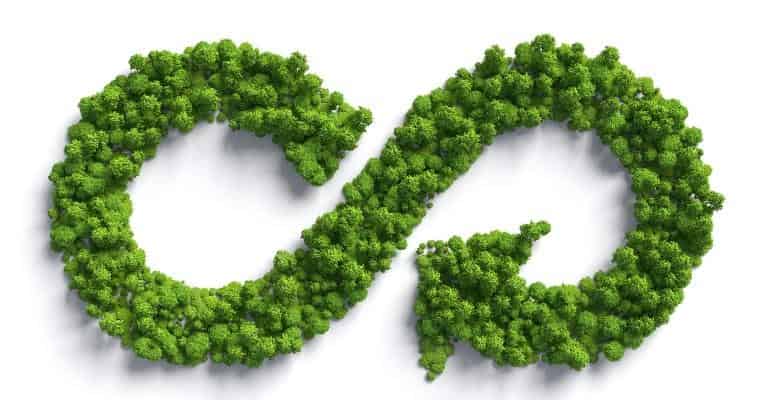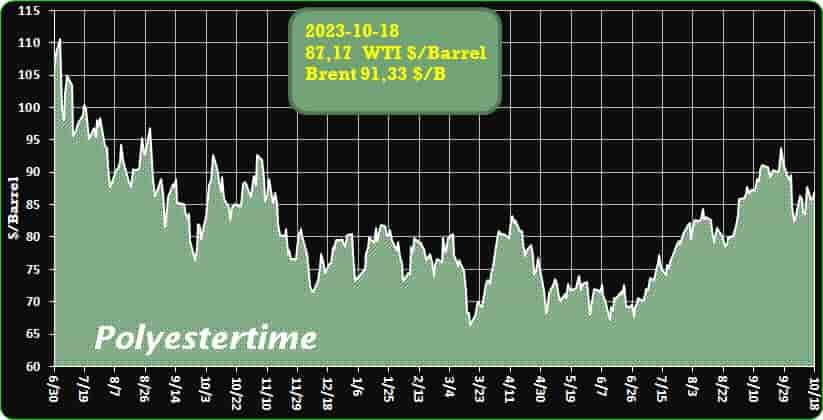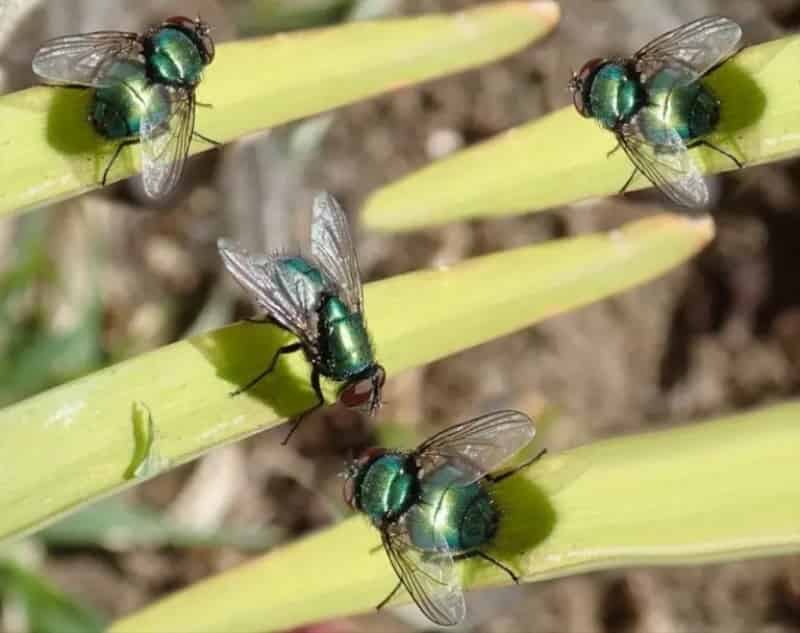Carbios (Euronext Growth Paris: ALCRB), a pioneer in the development and industrialization of biological technologies to reinvent the life cycle of plastics and textiles, announces the publication in ACS Catalysis, one of the world’s most influential scientific journals (Impact Factor 13.7), of an article entitled “Assessment of Four Engineered PET Degrading Enzymes Considering Large-Scale Industrial Applications.”
The article demonstrates that Carbios’ enzyme LCCICCG (published in Nature in 2020) outperforms all three competitors considered most promising in scientific literature: two variants of the IsPETase enzyme produced by Ideonella sakaiensis described by the University of Manchester and the University of Austin (Texas) and a variant of PES-H1 (also known as PHL7) described by the University of Greifswald.
By using a standardized method for comparing PET degrading enzymes under industrial conditions, Carbios and Toulouse Biotechnology Institute (TBI) validate the superior performance of Carbios’ enzyme and confirm Carbios’ leadership in the field. Moreover, since 2020, Carbios has significantly enhanced the enzyme used in this article, further extending its lead. Biodegradable plastic
This next-generation enzyme (results not yet published) will be used in the world’s first PET biorecycling plant due for commissioning in 2025.
More…
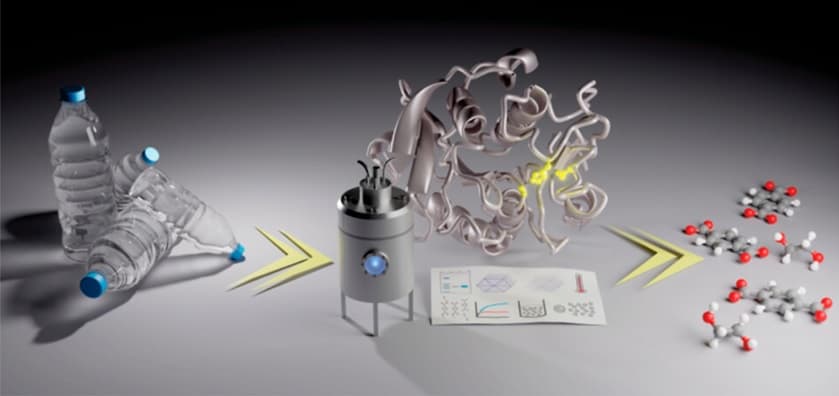
KBR launches new technology for green methanol production
KBR, Inc. has launched a new green methanol technology, PureM, which is designed to provide a cleaner pathway for downstream production of fuels or high-value chemicals. The technology utilizes bio or captured carbon-dioxide and green hydrogen as primary feed components, which are key ingredients in sustainable coatings, adhesives, and other materials that support a net-zero transition12. Biodegradable plastic
PureM is an advanced green methanol technology that augments KBR’s portfolio of clean ammonia and hydrogen technologies1. It provides a much-needed capability of converting bio or captured carbon dioxide into green methanol and ultimately other high-value downstream products1. The technology is expected to provide greater flexibility to KBR’s clients for CO2 capture while diversifying their value chains1.
KBR is a world leader in ammonia technology with approximately 50% market share of licensed capacity2. Since 1943, KBR has licensed, engineered, or constructed over 250 grassroot ammonia plants worldwide2. The company’s proven technology will enable the conversion of bio or captured carbon dioxide into green methanol and other high-value downstream products1. Biodegradable plastic
The launch of PureM represents a significant advancement in green methanol technology. By incorporating bio-based or captured carbon dioxide and green hydrogen as primary feed components, PureM provides a cleaner path for producing high-value fuels and chemicals3. The technology supports the development of sustainable coatings, adhesives, and other materials essential for a net-zero transition3.
In conclusion, KBR’s new green methanol technology, PureM, is expected to provide greater flexibility to clients for CO2 capture while diversifying their value chains. The technology utilizes bio or captured carbon-dioxide and green hydrogen as primary feed components to provide a cleaner pathway for downstream production of fuels or high-value chemicals. It represents a significant advancement in green methanol technology and supports the development of sustainable coatings, adhesives, and other materials essential for a net-zero transition. Biodegradable plastic
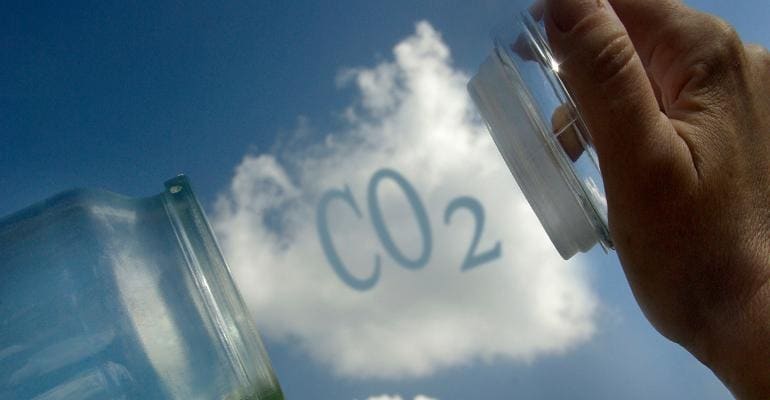
The inaugural Plastics Recycling Show India (PRS India) is set to make its debut in Mumbai from December 4th to December 6th, 2024, at the NESCO Bombay Exhibition Center (BEC)
This three-day event will mark India’s first dedicated exhibition and conference focused on plastics recycling.
PRS India is the latest addition to the rapidly expanding PRS series of annual global events catering to the plastics recycling sector. The PRS series includes established shows like the Plastics Recycling Show Europe in Amsterdam, the Plastics Recycling Show Middle East & Africa in Dubai, and the Plastics Recycling Show Asia in Singapore.
Matt Barber, Director of Global Trade Shows at Crain Communications, expressed enthusiasm, stating, “We are thrilled to bring the Plastics Recycling Show to India in 2024, driven by strong demand from all sectors of the plastics value chain in the region. Our recent events in Europe and the Middle East have garnered significant interest from exhibitors and visitors, and we are eager to replicate this success in India.”
Taher Patrawala, Managing Director of Media Fusion, noted the impact of the Plastics Recycling Show Middle East and Africa in Dubai, which spurred growth in plastics recycling and attracted key players from India. Biodegradable plastic
He emphasized the need for India to have its own plastics recycling event, as the country’s major corporations invest heavily in recycling technologies, while legislative changes drive the circular and sustainable use of plastics.
The Plastics Recycling Show India is tailor-made for professionals in the plastics recycling industry, offering a platform for showcasing cutting-edge technology, sharing best practices, networking, and conducting business. The event will feature a diverse range of industry players, including suppliers of plastics recycling machinery and equipment, plastic material suppliers, pre-processors, plastics recyclers, recycling and waste management experts, government and industry associations. Biodegradable plastic
The accompanying conference will delve deep into the latest trends within the plastics recycling sector. It will provide a comprehensive overview of the entire plastic recycling value chain, uniting legislators, major brands, recyclers, and the plastics recycling and manufacturing industry. Local and international experts will explore crucial themes such as the circular economy, regulations, challenges, opportunities, innovations, technologies, and trends, offering insights and experiences that promote the sustainable use of plastics.
Organized by Crain Communications and Media Fusion, and supported by Plastics Recyclers Europe, the Plastics Recycling Show India will be an annual event commencing in December 2024. For more information about exhibiting at or visiting the Plastics Recycling Show India, please visit https://bit.ly/prseventindia. Biodegradable plastic
PRS Event Calendar 2024:
- Plastics Recycling Show Europe, RAI Amsterdam: June 19-20, 2024 – Website
- Plastics Recycling Show Middle East & Africa, Dubai: September 10-12, 2024 – Website
- Plastics Recycling Show Asia, Marina Bay Sands Singapore: November 13-14, 2024 – Website
- Plastics Recycling Show India, BEC Mumbai: December 4-6, 2024 – Website
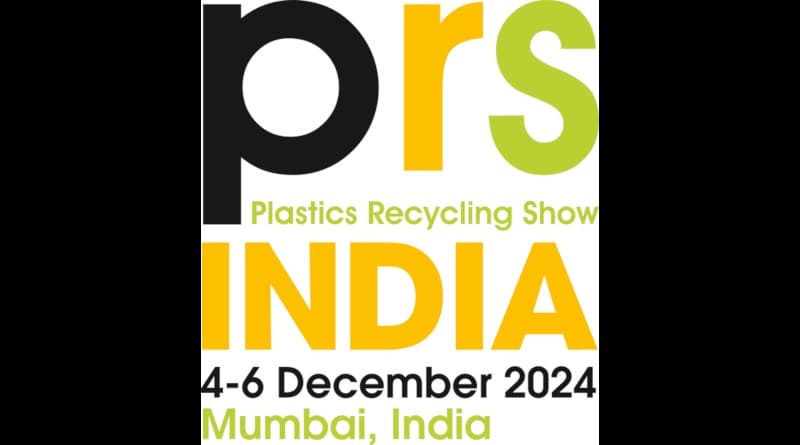
LyondellBasell Invests in First Close of the Plastic Circularity Fund
LyondellBasell today announced its investment in the first close of the Lombard Odier Investment Managers (LOIM) Plastic Circularity Fund SCSPp (“Plastic Circularity Fund”). This fund will focus on investments providing solutions to reduce pollution from plastic waste and decrease greenhouse gas emissions in the plastic value chain. This includes investing in companies offering innovative plastic materials designed for reuse and recyclability, and improved collection, sorting and recycling solutions. LyondellBasell has committed a total of $44 million since 2021 to venture capital funds. Biodegradable plastic
“Advancing circular solutions to meet the global challenge of plastic waste requires engagement and collaboration across the value chain to increase available material supply to meet the robustly growing demand for sustainable products,” said Yvonne van der Laan, executive vice president, Circular and Low Carbon Solutions at LyondellBasell. “LOIM’s Plastic Circularity Fund aligns with our ambition to help end plastic waste in the environment and accelerate the development of a circular, low carbon economy.”
The company’s venture capital investments include Closed Loop Partners, Infinity Recycling, HX Venture, Chrysalix, and LOIM. These investments align with the company’s goal that for every dollar LyondellBasell invests in venture funds addressing critical sustainability challenges, the company helps catalyze another five dollars from co-investors. Biodegradable plastic
For more information on the company’s sustainability goal, click here.

Celanese Corporation, a global specialty materials and chemical company, announced the global commercial launch of two new polyamide solutions for manufacturers of Electric Vehicle (EV) powertrain components and EV battery applications, said the company.
The Frianyl® PA W-Series of flame-retardant polyamide solutions enables the manufacturing of large, thick-walled, flame-retardant components for EV batteries.
With the W-Series solutions, manufacturers can improve the safety of these components, introduce novel new designs and enhance manufacturing efficiency.
Potential applications include battery module housings, e-box housings and covers, and more. Biodegradable plastic
The W-Series solutions achieve V-0 flame retardance at 1.5mm, combined with excellent flow characteristics. Compared to standard PA66 grades with 30% glass fiber reinforcement, the equivalent grade of the new W-Series offers a 10-20% improvement in flow in an injection mold, depending on the pressure applied.
Improved flow means manufacturers can consider new designs and more readily fill molds during processing, potentially leading to cycle time reductions.
The W-Series solutions also have excellent laser markability with all common laser marking processes.
In addition, the Frianyl® PA W-Series solutions exhibit an excellent Comparative Tracking Index (CTI) even after aging at 125°C for 1,000 hours.
Long-term color stability of parts manufactured from these materials, measured at 125°C, is also notable with no visible change to the eye, and even only a nominal change when measured in a color lab. Biodegradable plastic
More…

